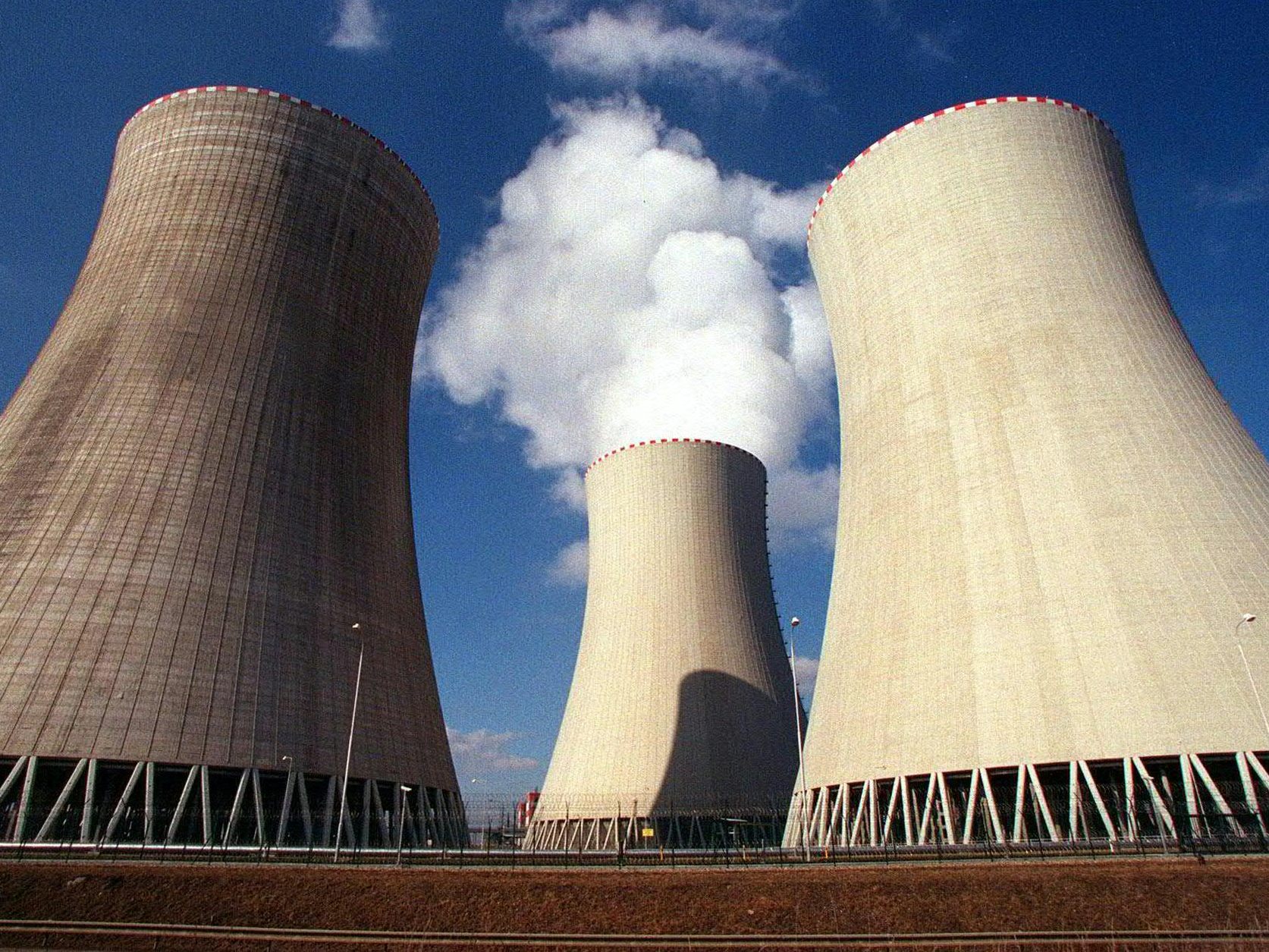Success for Austria's Lawsuit Against State Aid for Paks Nuclear Power Plant

Austria had filed a lawsuit with the ECJ against the decision of the EU Commission to approve state aid for the Hungarian nuclear power plant Paks II.
ECJ: EU Commission Should Have Examined Contract Award for Paks Nuclear Power Plant
The court declared the Commission's decision to approve Hungary's aid for the construction of two nuclear reactors at the Paks nuclear power plant site null and void. The court stated that Austria had rightly argued that the Commission should have examined whether the direct award of the contract for the construction of the two new nuclear reactors to a Russian company was compatible with the Union's procurement regulations.
Previous Judgment Overturned
The EU Commission had approved the investment aid in 2017, which Hungary intended to grant to the state-owned company MVM for the development of two new nuclear reactors at the Paks nuclear power plant site. These new reactors were to gradually replace the four existing reactors. The Russian company Nizhny Novgorod Engineering was awarded the construction of the new reactors through direct procurement, according to an agreement between Russia and Hungary on cooperation in nuclear energy. In this agreement, Russia committed to providing Hungary with a state loan to finance the new reactors.
The General Court of the European Union had dismissed the Austrian lawsuit (T-101/18) against Hungary's state aid for two new nuclear reactors at the Paks nuclear power plant in November 2022. Austria had argued, among other things, that a procurement procedure should have been conducted for Paks II and that the aid would lead to disproportionate distortions of competition. The federal government then took legal action against the judgment. The court has now overturned the General Court's judgment and declared the Commission's approval decision null and void.
Environmental Organizations Totschnig and Greens Pleased with ECJ Ruling
Environment and Climate Minister Norbert Totschnig (ÖVP) described the ECJ decision as "pleasing." "The judgment sends a strong signal for transparency, the rule of law, and fair competition in the EU," the minister stated in a statement. "I am pleased that Luxembourg supported us throughout the entire process - here, two small states were able to prevail against a multitude of large states. We will thoroughly analyze the judgment and also use it as a guideline for any future proceedings."
Green Party Chairwoman Leonore Gewessler spoke of a good signal. "The ECJ has pulled the plug on Orbán's nuclear dreams: Billions for a dangerous nuclear power plant - directly awarded to Russia without a tender - have been stopped," she stated in a statement to the APA. "Austria has filed a lawsuit, taken responsibility for Europe, and won. A good signal for the entire continent."
Greenpeace described the ECJ ruling as a "historic success." The environmental organization called on the EU Commission in a release to implement the decision as quickly as possible, to revoke the approval of the subsidies, and to critically examine other nuclear subsidies. "Tax billions do not belong in outdated, dangerous nuclear power, but must flow into the expansion of renewables," said Marc Dengler, climate and energy expert at Greenpeace. "Paks II would bind Hungary to risky and overpriced nuclear technology for decades and thus also endanger Austria."
The environmental organization Global 2000 sees a possible precedent for the disregard of procurement law in nuclear power plants. Similar cases should also apply similarly. "Currently, for example, Poland is trying to directly award the country's first nuclear power plant to the US company Westinghouse. Both cases question competition and procurement law in the Common Market," said Patricia Lorenz, anti-nuclear spokesperson at GLOBAL 2000, in a statement to the APA.
Setback in Taxonomy Lawsuit
Just on Wednesday, Austria had to accept a legal setback. The ECJ dismissed Austria's lawsuit against the classification of nuclear energy and gas as sustainable. The corresponding EU taxonomy regulation was expanded in 2022 after long discussions. This is intended to classify economic activities according to ecological standards and thus stimulate investments.
Defiant Reaction from Hungary to ECJ Ruling
The Hungarian government stated that the construction of the reactors would continue and be accelerated. The construction work of Paks II would "in no way be restricted or slowed down" by the ruling. Rather, "we have recently accelerated the project," emphasized Foreign Minister Péter Szijjártó on Thursday in Budapest after a meeting with Foreign Minister Beate Meinl-Reisinger (NEOS). The Foreign Minister further emphasized that the ruling was directed against the EU Commission and not against Hungary. This was also stated by European Minister János Bóka. Since the court did not classify the state aid system or the applied public procurement procedure as illegal, there are no legal obstacles to continuing the Paks project according to the previous schedule, said Bóka.
Paks is the only nuclear power plant in Hungary. It is located about 110 kilometers south of the capital Budapest and 250 kilometers from Vienna. With its four nuclear reactors, the power plant produces about half of the electricity generated in Hungary. In 2014, Hungary agreed with Russia to expand the four reactors with two additional blocks. According to Szijjártó, the two new reactors of Paks II will go online at the beginning of the next decade.
(APA/Red)
This article has been automatically translated, read the original article here.





